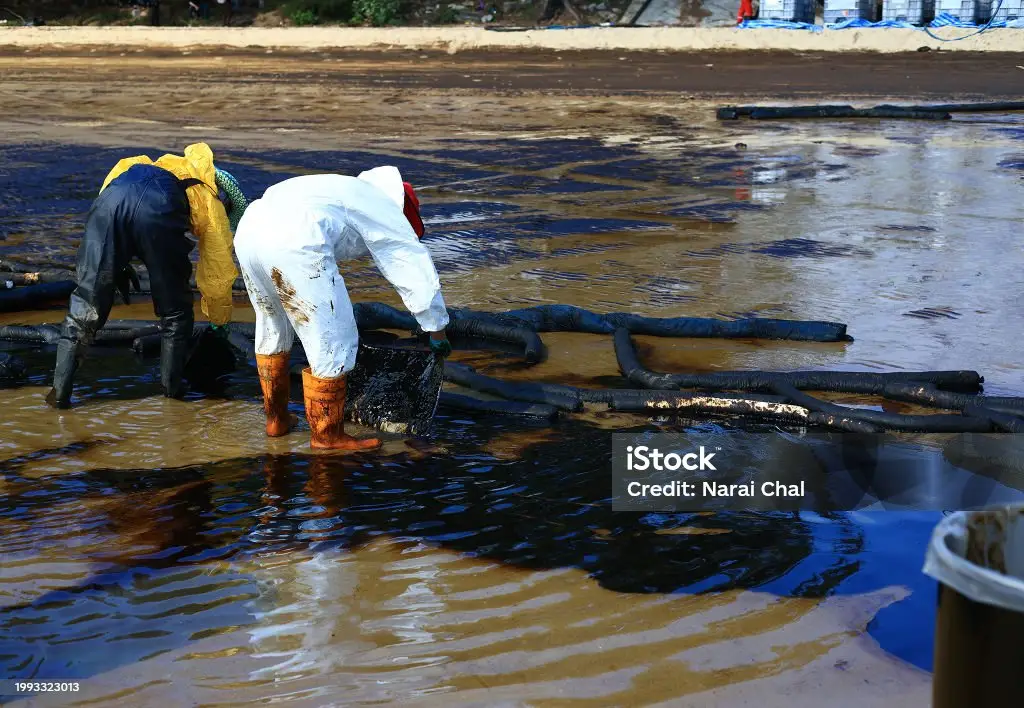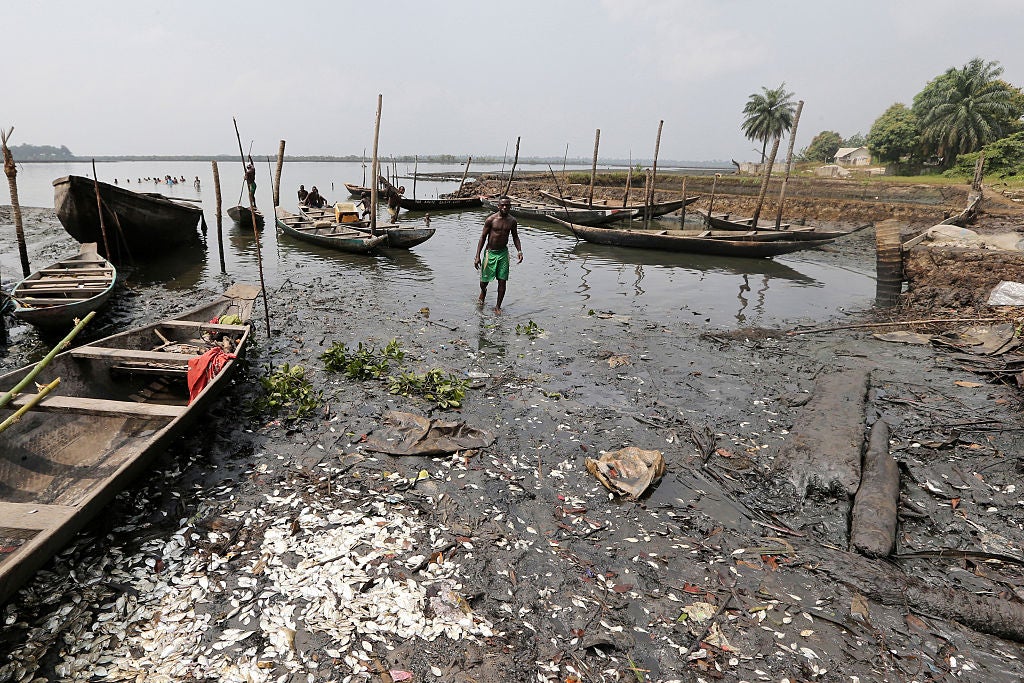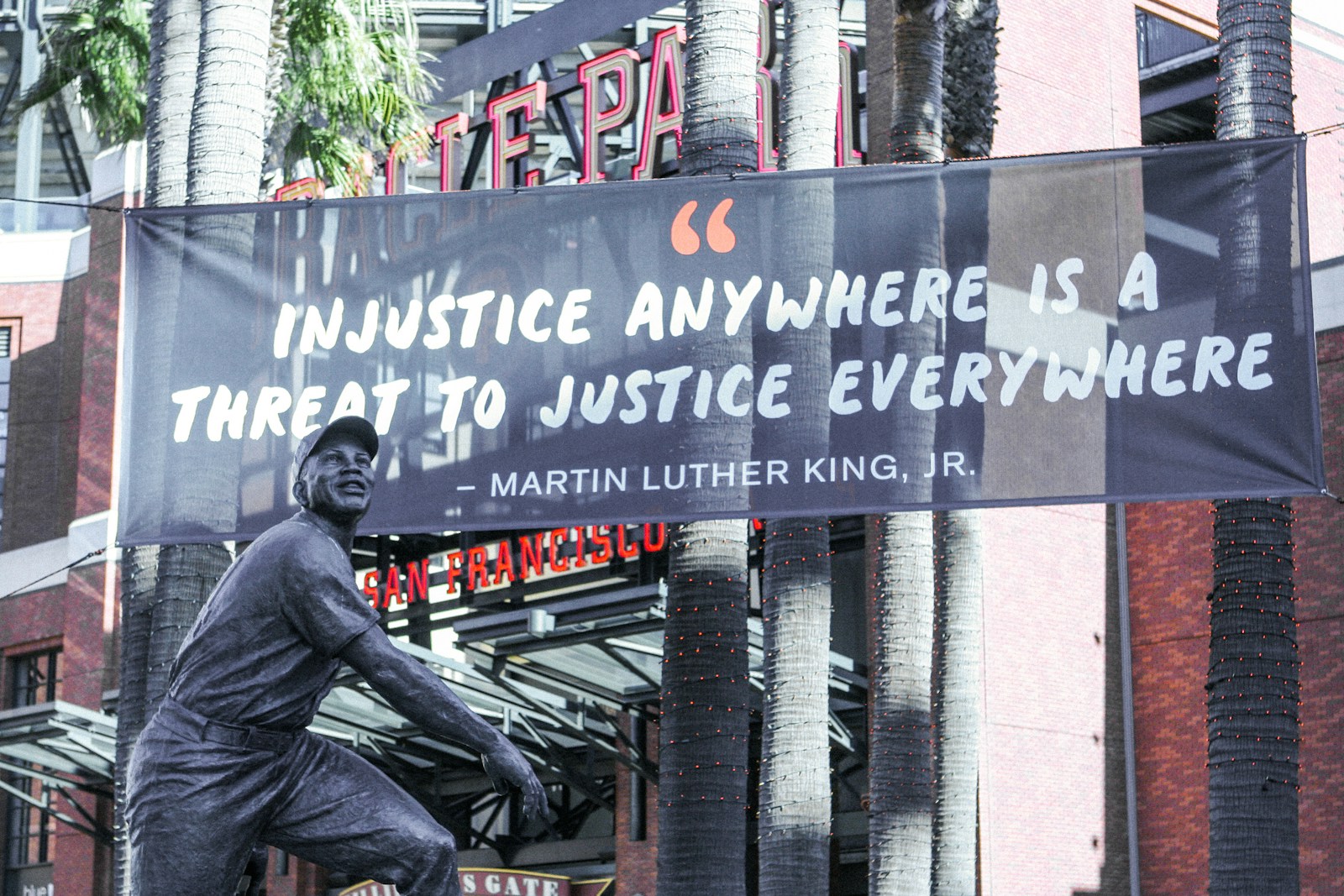
Introduction
The Nigerian oil spill has become one of the most significant environmental disasters in recent years. It has severely impacted the livelihoods of local communities, marine life, and the overall ecosystem. The recent UK court ruling against Shell marks a critical moment in holding multinational corporations accountable for their actions abroad. This article explores the background of the spill, the court’s decision, and its implications for environmental justice in Nigeria and beyond.
Nigerian oil spill: Overview of the Disaster
The Nigerian oil spill refers to a series of oil leakages that have occurred over decades in the Niger Delta region. These spills have caused widespread contamination of land and water, affecting agriculture and fishing industries. Despite Shell’s significant operations in the region, efforts to clean up and compensate victims have been inadequate. The disaster has drawn international attention, highlighting the need for stricter environmental regulations and corporate responsibility.

Legal Background of the Nigerian oil spill Case
The UK court case against Shell focuses on whether the company and its former Nigerian subsidiary can be held legally responsible for pollution caused decades ago. This legal battle is a landmark as it addresses the accountability of multinational companies operating in foreign countries. The ruling sets a precedent for similar environmental lawsuits worldwide, reinforcing the principle that corporations must answer for environmental damage regardless of borders.
Environmental and Social Impact of the Nigerian oil spill
The effects of the Nigerian oil spill go beyond pollution. Local communities face health risks, loss of livelihood, and destruction of ecosystems. Toxic chemicals in spilled oil contaminate soil and water, leading to diseases and reduced agricultural productivity. According to a detailed report by Amnesty International, oil spills in the Niger Delta have devastated local communities and ecosystems, causing long-term harm to both people’s health and livelihoods. This impact underscores the urgency of the court’s ruling and the need for effective cleanup measures.
Shell’s Responsibility and Corporate Accountability

Shell’s involvement in the Nigerian oil spill has been scrutinized for decades. The company’s failure to prevent leaks, delays in cleanup, and insufficient compensation to victims have drawn criticism from environmental groups and activists. The UK court’s decision to hold Shell accountable reinforces the message that corporations must take responsibility for their environmental footprint and act ethically in all operational regions.
Nigerian oil spill: The UK Court’s Landmark Ruling
In a landmark decision, the UK High Court ruled that Shell can be held liable for the oil pollution in Nigeria. This ruling highlights the evolving nature of environmental law and the increasing willingness of courts to tackle complex transnational cases. The decision is expected to influence future litigation and encourage stricter oversight of oil operations in vulnerable regions.

Challenges in Cleaning Up the Nigerian oil spill
Efforts to remediate the environmental damage from the oil spills face multiple obstacles, including limited resources, political complexities, and technical difficulties. These challenges are not unique to Nigeria. For example, Ghana’s struggle with illegal mining, known as Galamsey, presents similar environmental and social hurdles. Understanding these parallels can provide valuable insights into effective strategies for sustainable natural resource management. Explore Ghana’s mining challenges here.
Community Response and Activism Against the Nigerian oil spill
Communities affected by the Nigerian oil spill have organized protests, advocacy campaigns, and legal actions to demand justice. Grassroots movements have brought international awareness to the issue, pressuring governments and companies to act responsibly. This activism plays a crucial role in maintaining momentum for environmental reforms and accountability.
Future Prospects for Environmental Justice in Nigeria
The court ruling opens the door for more robust enforcement of environmental laws and corporate accountability in Nigeria. It signals hope for affected communities and activists who seek long-term solutions to environmental degradation. The ruling may also inspire other countries to strengthen their legal frameworks to better protect vulnerable ecosystems.
The Role of International Law in the Nigerian oil spill Case
International law plays a vital role in addressing transboundary environmental issues like the Nigerian oil spill. Treaties and conventions provide mechanisms for cooperation and enforcement, ensuring that multinational corporations adhere to global standards. This case sets an important example of how international law can influence domestic accountability.
Corporate Environmental Responsibility Moving Forward
In today’s global landscape, corporate environmental responsibility has become a critical aspect of sustainable business practices. Companies operating in industries with significant ecological footprints must prioritize proactive measures to minimize their environmental impact. This includes adopting transparent reporting systems, investing in innovative technologies that reduce pollution, and engaging closely with local communities to understand and address their concerns.
Moving forward, corporations need to embed environmental considerations into every level of their operations, from supply chains to end products. This holistic approach ensures that risks are managed effectively and that sustainability is not treated as a mere compliance issue but as a core value driving business decisions. Stakeholders increasingly demand accountability and ethical stewardship, compelling companies to align their strategies with global climate goals.
Specifically, in regions affected by the Nigerian oil spill, this responsibility entails not only remediation of past damages but also prevention of future incidents. Businesses must collaborate with governments, NGOs, and communities to develop comprehensive environmental management plans. Through ongoing commitment and innovation, corporations can lead the way toward a healthier planet while safeguarding their reputations and securing long-term success.
Conclusion
The Nigerian oil spill serves as a stark reminder of the environmental risks posed by the oil industry, especially in vulnerable regions like the Niger Delta. The UK court ruling against Shell is a significant step toward justice and corporate accountability. It highlights the growing recognition that multinational companies cannot evade responsibility for their environmental impact. Moving forward, continued vigilance, legal enforcement, and community advocacy will be crucial in preventing similar disasters and ensuring sustainable development in Nigeria and beyond.
Moreover, the aftermath of the Nigerian oil spill underscores the urgent need for comprehensive environmental policies and stronger regulations to protect ecosystems and communities. The case sets an important precedent, showing that corporations operating internationally must be held accountable for their actions regardless of location. Stakeholders, including governments, NGOs, and civil society, must collaborate to implement effective cleanup strategies and support affected populations.
As awareness grows about the consequences of such environmental damage, there is hope that the Nigerian oil spill will catalyze broader reforms. These efforts are essential not only to restore damaged landscapes but also to promote environmental justice and sustainable economic growth in Nigeria and other resource-rich countries facing similar challenges.




